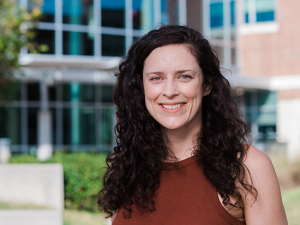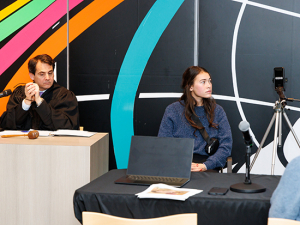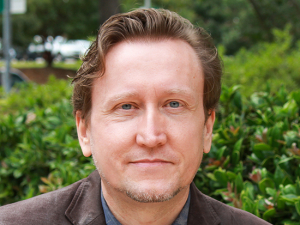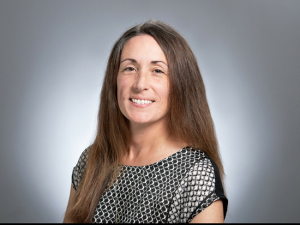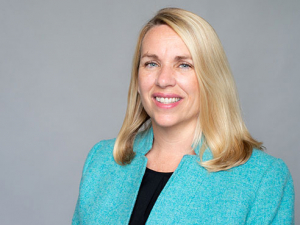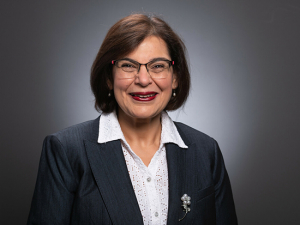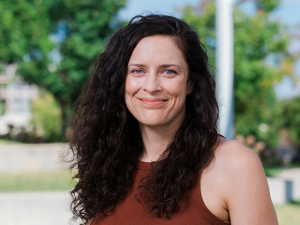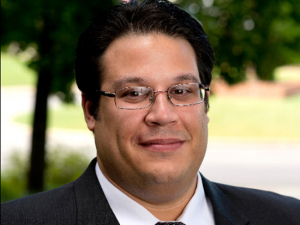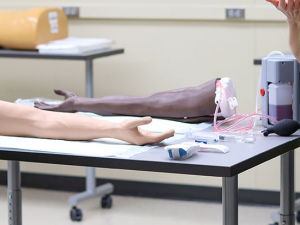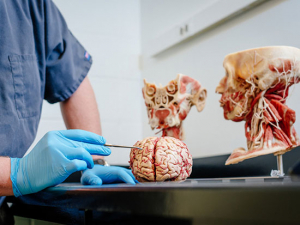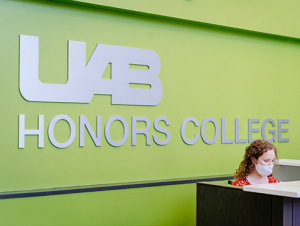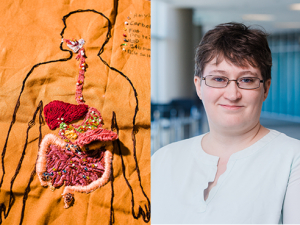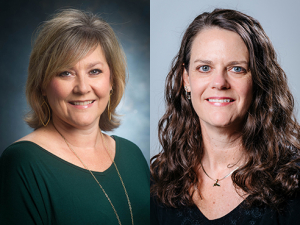Nine faculty and staff will work to help Blazers become active and ethical global citizens through creating new study-abroad courses and programs or adapting existing ones as part of the 2020-21 Faculty Fellows in Education Abroad program.
To implement their course, eight of the nine fellows will receive $1,500 from UAB plus an additional $1,500 funded by an IDEAS (Increase and Diversify Education Abroad for U.S. Students) grant from the U.S. Department of State’s Capacity Building Program for U.S. Study Abroad, supported in its implementation by World Learning. UAB is one of 24 American colleges and universities selected from 115 applicants to create, expand and diversify student mobility overseas in support of U.S. foreign policy goals. Each course will be conducted when the foreign travel is permitted again.
Members of the new cohort include María Antonia Anderson de la Torre, Ph.D., assistant professor of Spanish, and Ling Ma, instructor of Chinese, in the Department of Foreign Languages and Literatures; Stacy Moak, Ph.D., professor in the Department of Social Work; Tina Kempin Reuter, director of the Institute for Human Rights and assistant professor in the Department of Political Science and Public Administration; Elizabeth Turnbull, instructor in the Department of Marketing, Industrial Distribution and Economics; Mary Wallace, Ph.D., assistant vice president for Student Experience in the Division of Student Affairs; Gavin Jenkins, Ph.D., associate professor in the Department of Occupational Therapy; Meena Nabavi, program manager and internship coordinator in the School of Public Health; and Peter Verbeek, associate professor and program director in the Department of Anthropology.
Read below to learn more about how each fellow plans to spend their fellowship.
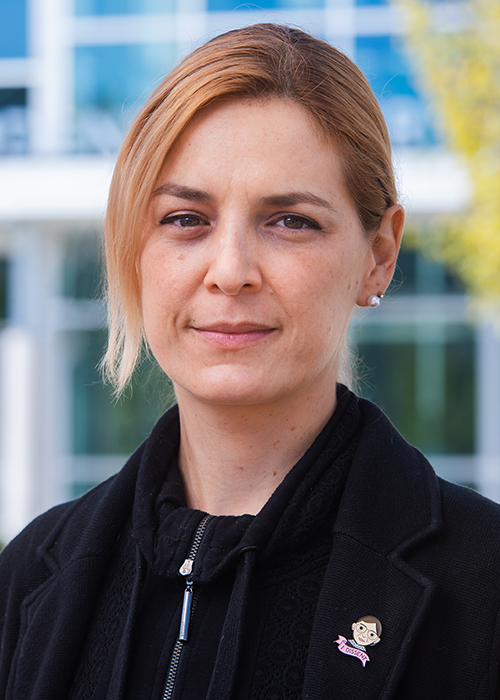
María Antonia Anderson de la Torre
Department of Foreign Languages and LiteraturesAnderson de la Torre is crafting a study-abroad summer course with a service-learning component in Bogotá, Colombia, where students will volunteer with a non-profit organization that brings music, literature and visual arts to refugees and take Spanish courses to better learn the language.
“This experience will get students involved in the reality of Colombia with a project where they can have a full immersion in the country’s reality in a safe way,” she explained.”

Ling Ma
Department of Foreign Languages and LiteraturesMa proposed a faculty-led study-abroad trip to China tentatively planned for summer 2021 for courses CHI 190, CHI 290, CHI 390 and FLL 121. During the three-week program, students will visit four destinations to be immersed in Chinese language and culture, and participate in a series of excursions and cultural activities, such as visiting Yuhu Village, the Chengdu Giant Panda Research Center and Stone Forest.
“They are guaranteed to connect learning with the physical reality and past and present of China,” Ma said.
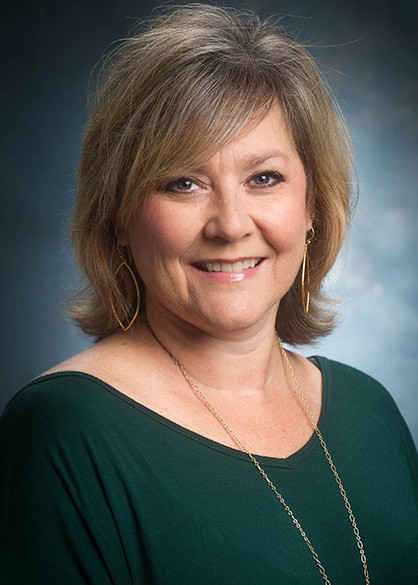
Stacy Moak
Department of Social WorkMoak, together with colleague and fellow Tina Kempin Reuter, will expand PSC 395/495, “Women’s Rights, Health and Politics in Kenya.” The course will expand from a one-week trip during spring break to a two-week program held at the end of the spring semester and will incorporate a more focused evaluation component. The pair will continue to foster relationships with the Nashulai Conservancy Women’s Empowerment in Kenya, located in the Maasai Mara region, through local partnerships.
“We plan to have an exciting and engaging program for students to live, work and learn with native Kenyans,” Moak said.
The pair also is collaborating on a second course incorporating trips to Switzerland and Austria, where students will study different models of democratic and justice systems.
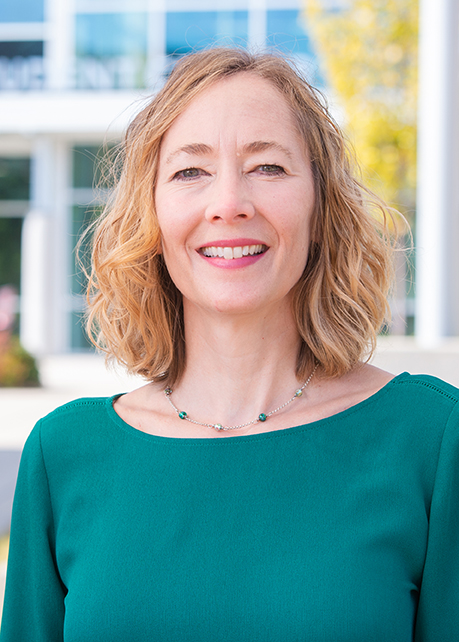
Tina Kempin Reuter
Institute for Human Rights, Department of Political Science and Public AdministrationKempin Reuter, together with colleague and fellow Stacy Moak, will expand PSC 395/495, “Women’s Rights, Health and Politics in Kenya.” The course will expand from a one-week trip during spring break to a two-week program held at the end of the spring semester and will incorporate a more focused evaluation component. The pair will continue to foster relationships with the Nashulai Conservancy Women’s Empowerment Center in Kenya, located in the Maasai Mara region, through local partnerships.
“Empowerment of traditionally neglected parts of society, namely women, minorities, people in rural areas, and indigenous groups, has seen a revival in Eastern Africa,” Kempin Reuter said. “In Kenya, these developments have been spearheaded both by grassroots approaches and by international institutions such as the United Nations, creating an interesting opportunity to study sustainable development and political transformation in the Global South.”
The pair also is collaborating on a second course incorporating a trip to both Switzerland and Austria, where students will study different models of democratic and justice systems.
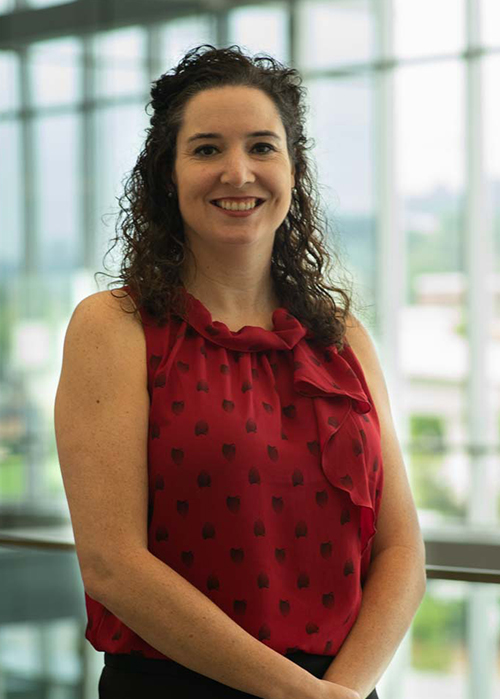
Elizabeth Turnbull
Department of Marketing, Industrial Distribution and Economics Turnbull’s interdisciplinary course IB495/MBA691, “Business in Emerging Markets,” planned for summer 2022, will provide an overview of the culture, history and economy of Costa Rica to increase students’ understanding of its people, business climate and reasons the country has become an emerging market. Students also will explore frameworks and principles that can be applied across countries, markets and sectors and evaluate the environment for growth in start-ups, corporations and nonprofits.“In today’s global world, it’s important for mangers to understand the economic, political, technological and cultural environment of various countries,” she said. “In this way, managers can assess the favorability of the environment for potential business growth as well as for societal well-being.”

Mary Wallace
Division of Student AffairsWallace is working on the Honors College course HC 395, “Adaptive Leadership Abroad,” with an educational partner in Ecuador. She plans to develop the course into a partnership with a university in Quito, Ecuador, which will provide students a more comprehensive experience for college credit — they would not only be enrolled in HC 395, but also Spanish courses at the local university.
“I’m hoping to broaden the experience beyond Honors College in future years,” she said.

Gavin Jenkins
Department of Occupational Therapy Providing an overseas opportunity to graduate students studying occupational therapy has long been one of Jenkins’ goals. He plans to offer a 14-day experience that will enable students to explore different communities and organizations in Entebbe, Uganda, that serve adults and children with disabilities, plus an opportunity to interact with faculty and students in an occupational therapy training program there. This two-week program will be part of a larger five-week course, OT 615, “Occupational Therapy Study Abroad,” which offers a combination of online classroom learning with in-country community engagement and cultural immersion.“I believe we have a responsibility to prepare our students to live and work in a globalized world — they are being asked to operate in increasingly complex communities, and it is our responsibilities as educators to challenge them and move them out of their comfort zone so that they are better prepared as occupational therapists,” Jenkins said.
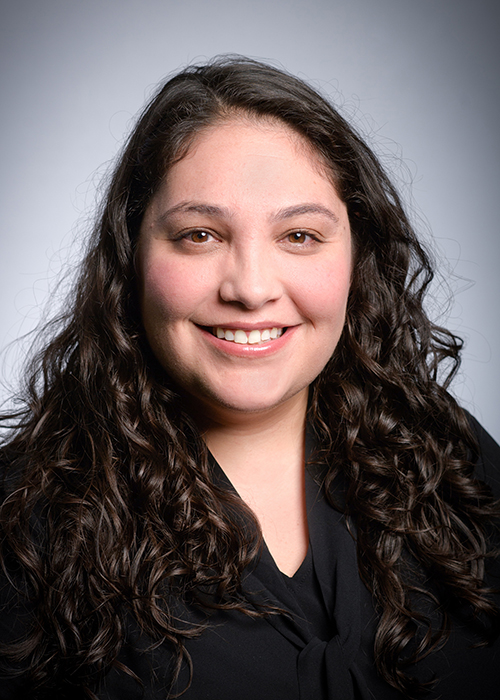
Meena Nabavi
School of Public HealthTogether with School of Public Health Associate Professor Lisa McCormick, DrPH, Nabavi has led PUH 496/696, “Exploring Population Health,” across the Deep South and Panama. They plan to expand the course to the United Kingdom, where students will learn about historical and contemporary public health issues, the effects of those on population health and efforts of public health systems to solve the health issues in the cities and countries visited.
“Students will be able to experience the interdisciplinary nature of public health practice and the need to add attention to social determinants of health in order to advance health equity,” she said.
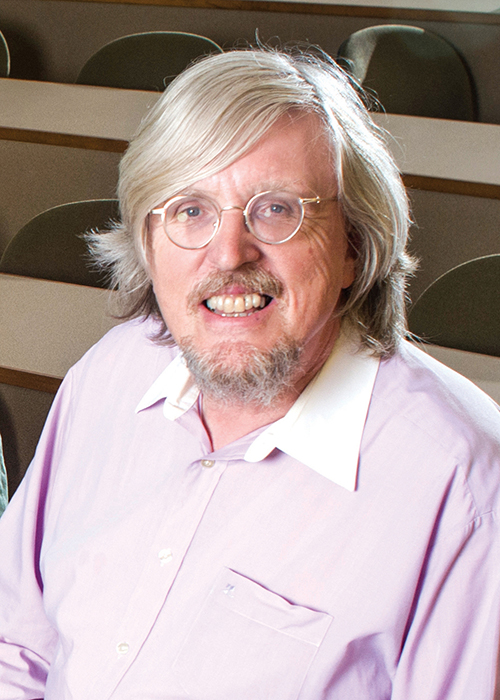
Peter Verbeek
Department of AnthropologyVerbeek plans to create a course titled “Visions of Peace.” The course, which will include a full semester on campus to prepare for the summer education component, will be structured in part along the Global Peace and Positive Peace indices published annually by the Institute for Economics and Peace; students will investigate selected aspects of domestic and global peace practices of countries and ways those practices relate to the countries’ cultures.
“The main objective is for students to experience and analyze ways in which countries other than the U.S. practice peace domestically and globally,” Verbeek said.
